The kickoff meeting of the W3C Publishing Business Group was held in London on March 13th, the day before the opening of London book fair. This Business Group is the place where ex-IDPF members – now “TPI” W3C members (for Transitional Publishing Industry, see note 1) – and other interested W3C members will meet and supervise the evolution of the EPUB standard: not at a technical level, which will be in the hands of the W3C Publishing Working Group, but rather at a functional level, by providing guidance and finally checking that the specifications fulfills the needs of the publishing industry.
The meeting was hosted by HarperCollins, in a new building with a beautiful view on the Tames. They were round 20 people in the meeting room, many of them just coming from the EPUB Summit in Brussels. The meeting was led by one the new co-chairs of the Business Group, Rick Johnson (VitalSource, USA), Cristina Mussinelli (AIE, LIA, Italy) and Paul Belfanti (Ascend Learning, USA).
One of the main items discussed during the meeting was the setup of the Publishing Working Group, which will make the actual technical work on PWP and EPUB 4 (more about that later).
This Publishing WG will more or less take on from the results of the DPUB Interest Group. The charter of this Interest Group will end in October 2017, and may not be extended after this date (because of a complete overlap between this IG, the BG and the WG, and an IG cannot write W3C recommendations). This Interest Group prepared the work of the Business Group by working on a set of use cases and requirements (https://www.w3.org/TR/pwp-ucr/), a technical draft for “Web Publications” (https://www.w3.org/TR/pwp/), plus drafting a charter for the Publishing Working Group (https://w3c.github.io/dpubwg-charter/).
This charter introduces EDRLab as an explicit participant to the Working Group. EDRLab is involved in the development of the Readium-2 reading engine, a software that will be used as one of the reference implementations of the future PWP and EPUB 4 specification.
Now, this draft charter must be quickly finalized by the Business Group, discussed with the big Web players which will help merging publishing with the Web, then submitted for approval to the W3C Management. The wishful date for submission is 23-25 April because of a formal W3C meeting taking place in Beijing. Therefore there’s no time to loose … if the charter is approved “quickly enough”, the practical work of the WG will begin late June.
The most surprising idea in this WG charter may be the differentiation between WP (Web Publications), PWP (Packaged Web Publications) and EPUB 4 (the successor of EPUB 3). What? does it mean that the W3C will create three recommendations? Well, sort of. A PWP is a WP in a Package (i.e. a zip file); easy to understand. An EPUB 4 is a PWP with some more expectations (higher accessibility requirements maybe); in other terms EPUB 4 will be a profile of PWP. The charter stays allusive, and lets the Working group decide which expectations EPUB 4 may add to PWP. We can be sure that this will lead to numerous discussions among the Web folks and the Publishing folks (“is this feature EPUB related or PWP related?”). Even if this is intellectually adding flexibility to the discussions, I personally hope that this will not slow the work and that PWP will finally *be* EPUB 4.
Some other interesting issues arose during the conversation, like the balance which must be obtained between the work on the future specification and the support of the EPUB 3 specification, which is here to stay for many years; or the question of the adoption of the future specification by reading systems from Kobo, Google, Apple and authoring solutions from all over the world.
To ease the evolution, participants proposed to specify clearly in the WG charter that round-trip transformations from EPUB 3.x to 4 and EPUB 4 to 3.x must be possible. EPUB 4 being à priori a functional superset of EPUB 3 (the syntax may be different but only software developers will care), transforming EPUB 3 to EPUB 4 will be essentially without loss of functionality (oh, some minor EPUB 3 functionalities may be deprecated by then; if nobody has used them, nobody will care). But during a “projection” from EPUB 4 to EPUB 3, some functionalities may be lost. It’s like transforming an EPUB 3 publication featuring a video to an EPUB 2 file … you loose the video; up to the publisher to decide if it is bad or not.
In my opinion, this roundtrip feature will be key for a proper adoption of EPUB 4. Imagine that you are producing EPUB 3: if you need to output EPUB 4, just use the open-source transform that Readium will develop. Now imagine you have developed an EPUB 3 compliant reading system and you need to import EPUB 4: just implement the EPUB 4 to 3 open-source transform that Readium will develop (most of the time with no loss of functionality).
Other IDPF and DPUG IG works will also need to find a new home: EDUPUB must be revived, with a new Community Group. The W3C must now help maintaining EPUBTest.org – an effort shared with BISG and DAISY. And EPUBCheck must find a new sponsor and dedicated development team.
As a conclusion of this long post, the Publishing Working Group will start working before the summer. By this time it will benefit from the “use case and requirements” specification prepared by the DPUB IG and from the prototypes developed by the Readium community (including EDRLab), which already define a Web Manifest, a good prototype of what a Web Publication could be.
Note 1: former IDPF members must know that the “TPI” fee is equivalent to the previous IDPF fee for the next two years. If you want to have some influence on the future of EPUB, it’s the proper time to join the Publishing Business Group.
Note 2: If you want to have more details about the structure of the different W3C Groups which replace what were IDPF Working Groups before, please check Ivan Herman’s presentation at the EPUB Summit.
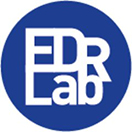
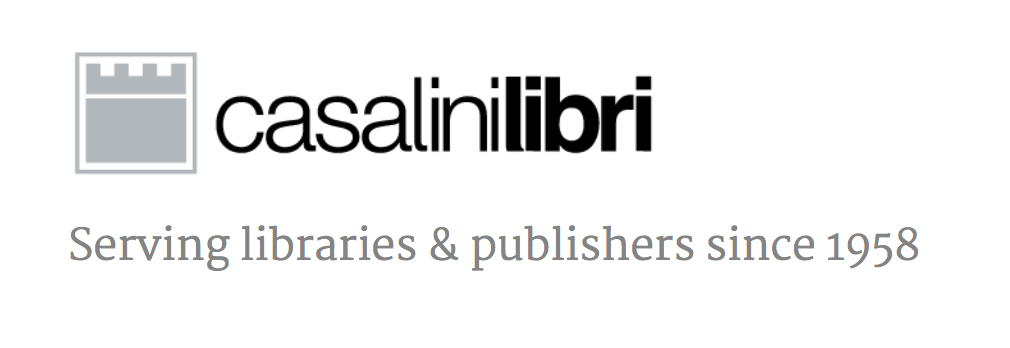
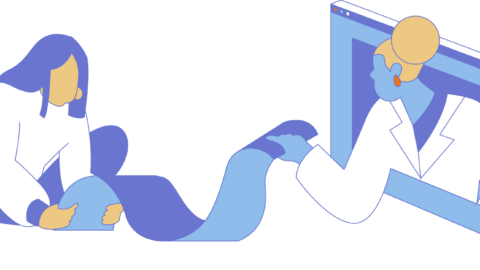
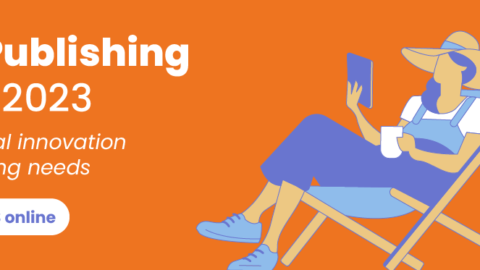
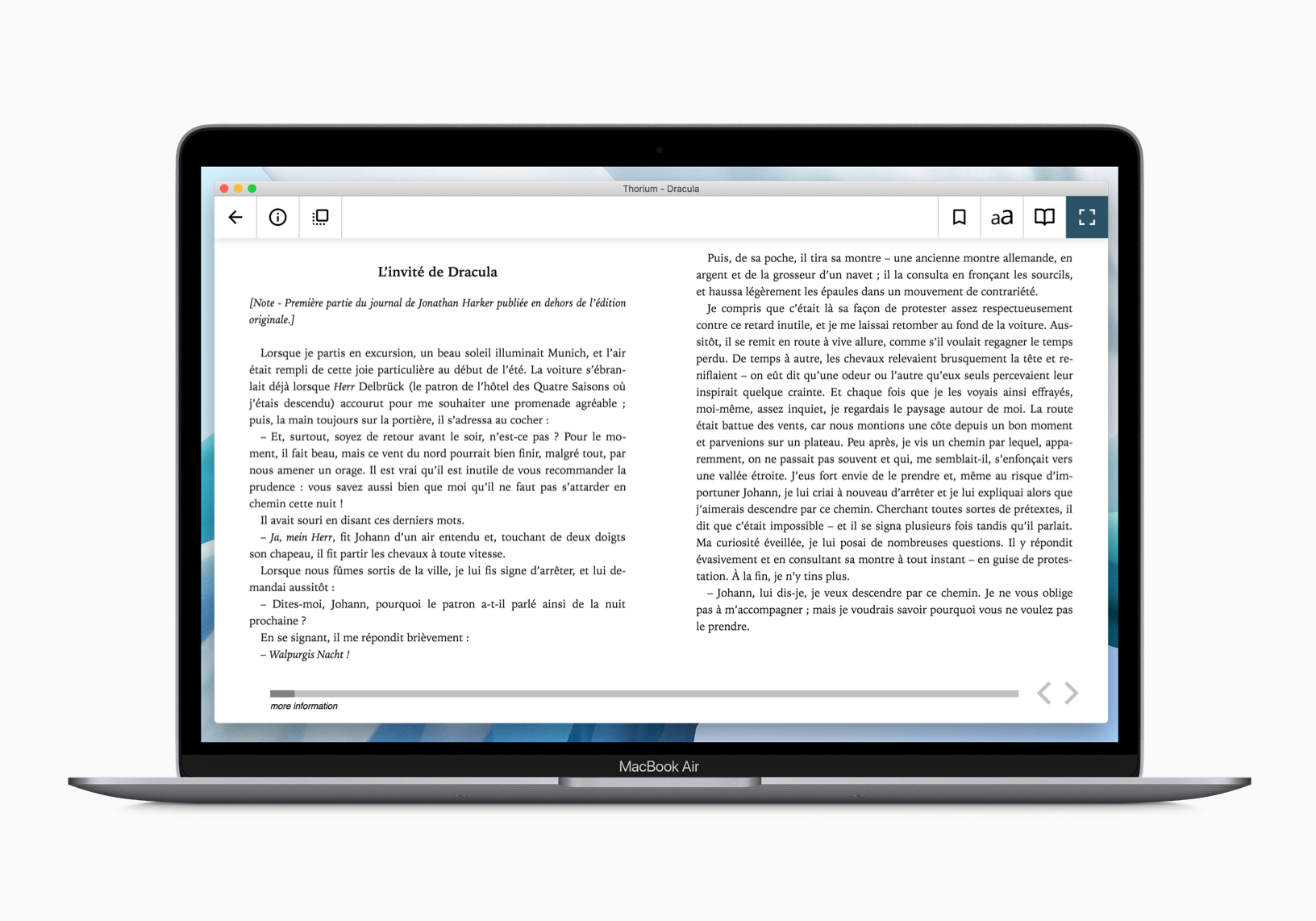
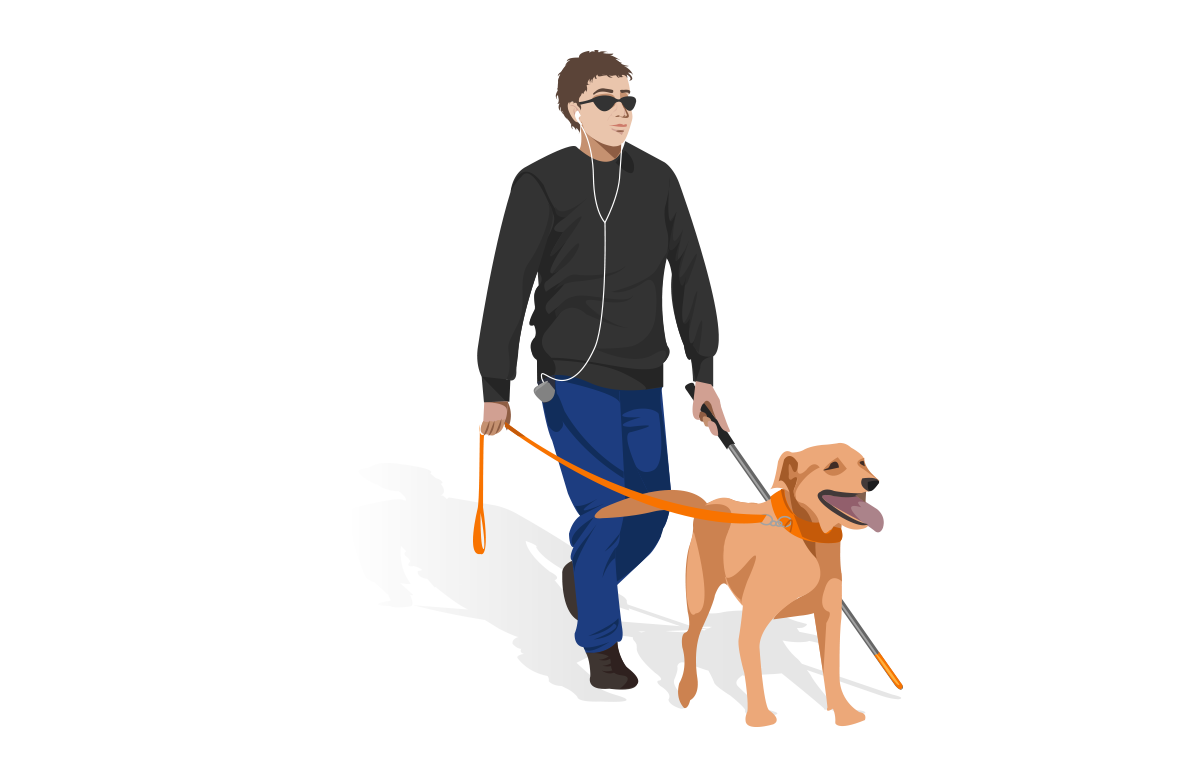
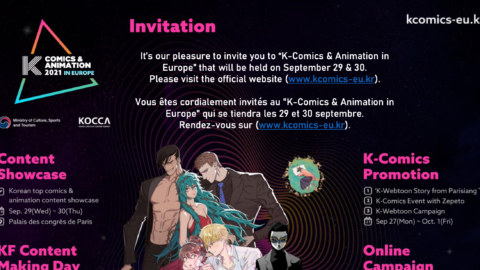
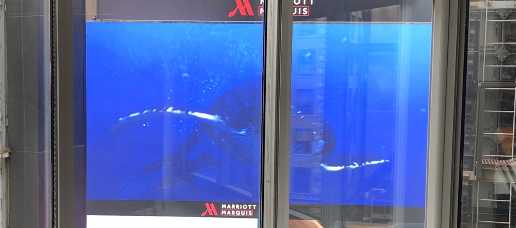




 contact@edrlab.org
contact@edrlab.org +33 1 83 64 41 34
+33 1 83 64 41 34
